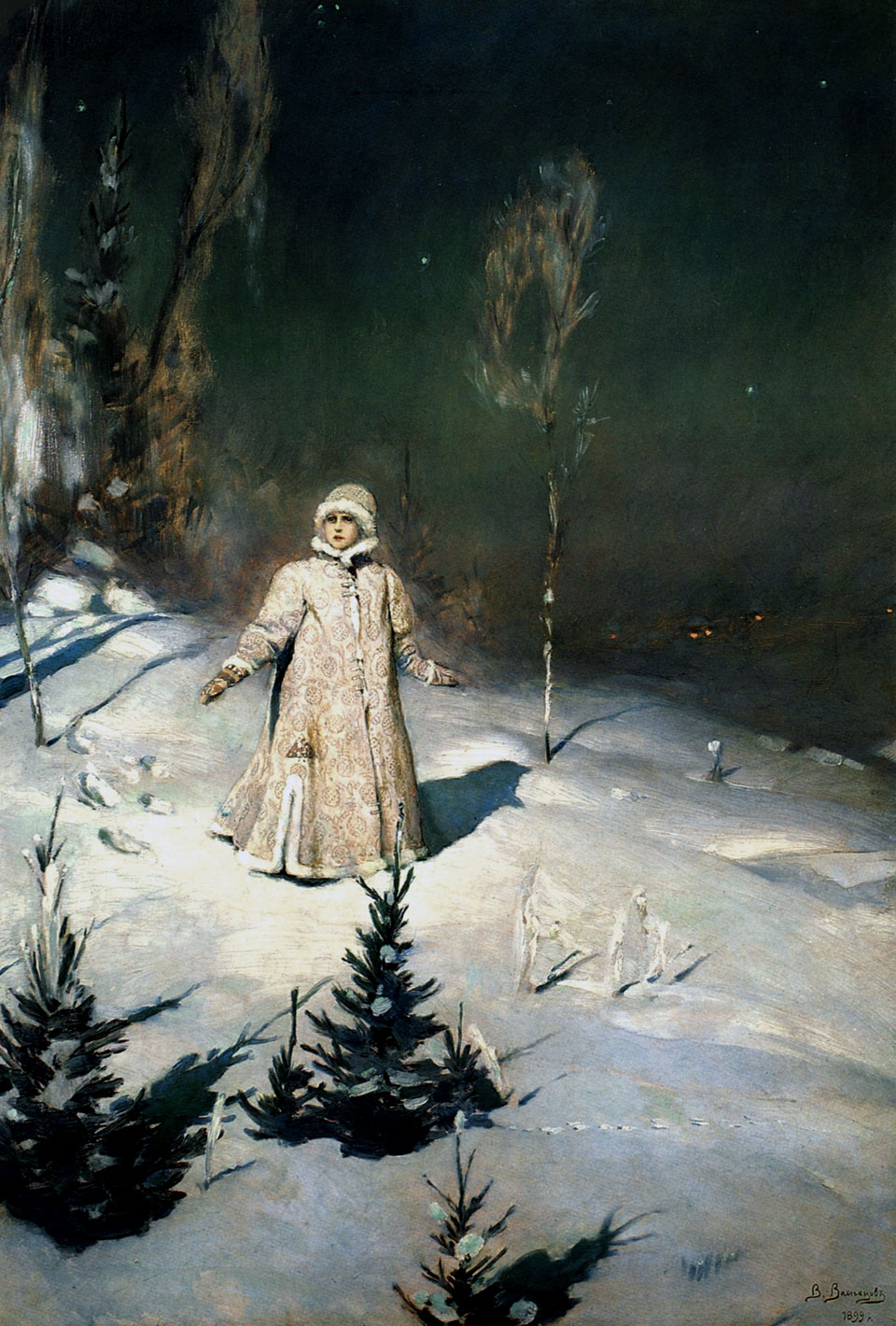Perun was considered to be a very important deity for Slavs because he was in charge of the universal law called pravda. Pravda was the basis of all social and natural processes. All other Perun’s functions are resulted from the maintenance of the universal law pravda.
In a Slavic society the legislation, the laws and the social norms were considered to be the reflexions of the universal law pravda. That is why Perun is the patron for legislation and the law.
The instrument of pravda restoring was a battle. If infligement of pravda affected big groups the instrument of pravda’s restoration was a war. That is why Perun is a god of war. If infligement of pravda affected persons or families the instrument of pravda’s restoration was a rithual dual. Slavs believed that in a rithual dual the warriors would call divine forces, so the duel will show exactly, on whose party the pravda is. The trust to the ruthual dual was so great that seldom the war was reduced to a dual between the representetives from the two conflicting parties. Two armies could gather, but only two selected soldiers battled. Such cases took place in many ancient societis. For East Slavic history the vivid examples are the dual of 993 when Kojemyaka won a dual agains Pecheneg (and Pechenegs recognised their defeat), and the dual of 1022 when prince Mstislav killed Rededya in a hand-to-hand duel (and the Kosogian army recognised their defeat and turned into superstitious fligh).
The statues of Perun represent him as antropomorphic being with a silver hair and gold moustaches. The lightning was his weapon. And according to one historic version his name translates as lightning and a thunder, and also everything that strongly beats. According to another version, , his name means the first. The word first in Old Slavic is pervoy, so as you see it has much in comman wirh the word Perun. On the contarary, I condider that the numeral pervoy has occurred from a world Perun, because Perun was the first god in a pantheon.
The oak was a sacral tree of Perun. Shrines for Perun were often located in oak groves wich were called the sacred groves.
The day dedicated to Perun were celebrated in the first decade of August. There is the description of the military day celebration of 971 in the Roman annals which historians consider to be the description of Perun’s day. The fires were kindled on which the bodies of lost soldies were rithually buried. After that captured men and women were pinned and there bodies were buried as sacrifice to Perun. There are no messages that East Slavs sacrificed people, except sacrifice to Perun. The sacrified people always were the enemies. East Slavs never sacrified the people of their nation.
B. Rybakov. The Ancient Slavic Paganism. 1984.
A. Belov. The Slavic wrestling. 1993.
L. Prozorov. Svyatoslav the Brave. 2006.
L. Niederle. Slavic antiquities. 1934.


1 comment:
This post will be very useful to us....i like your blog and helpful to me....nice thoughts for your great work...
Packers and Movers Perungalathur
Post a Comment